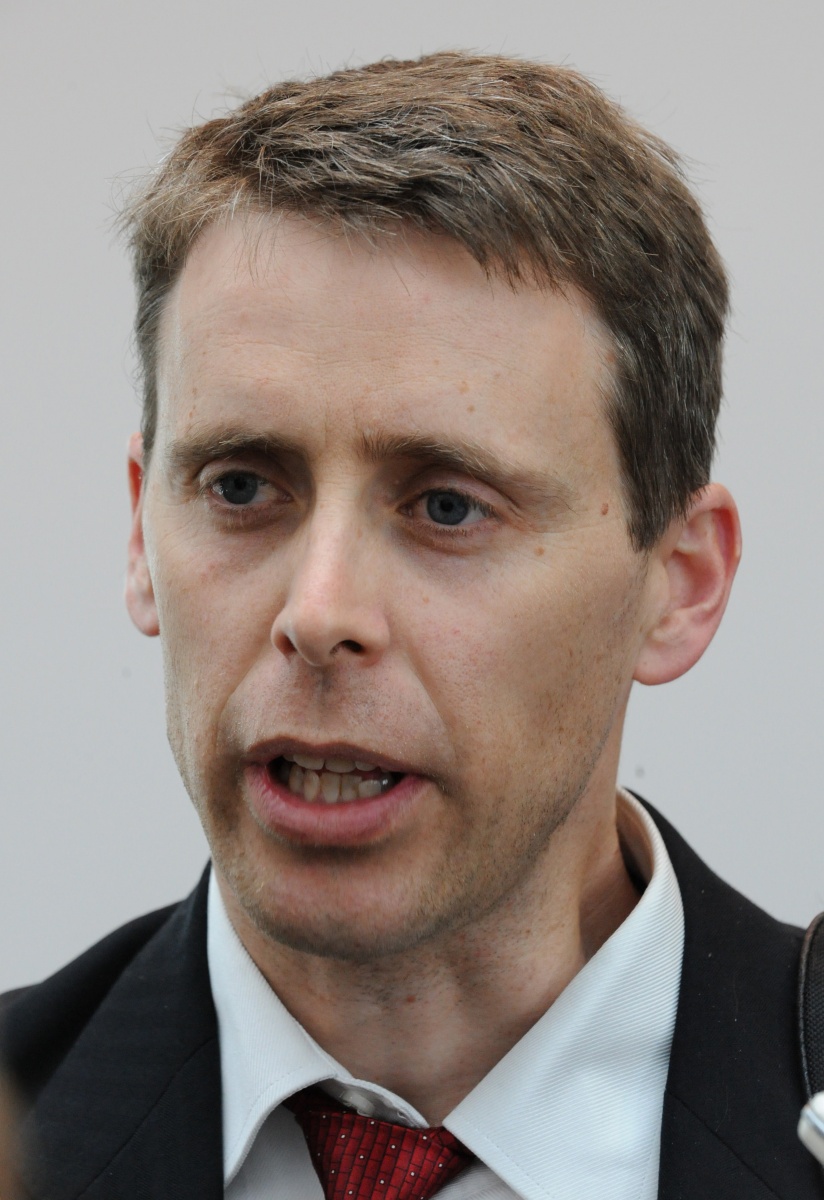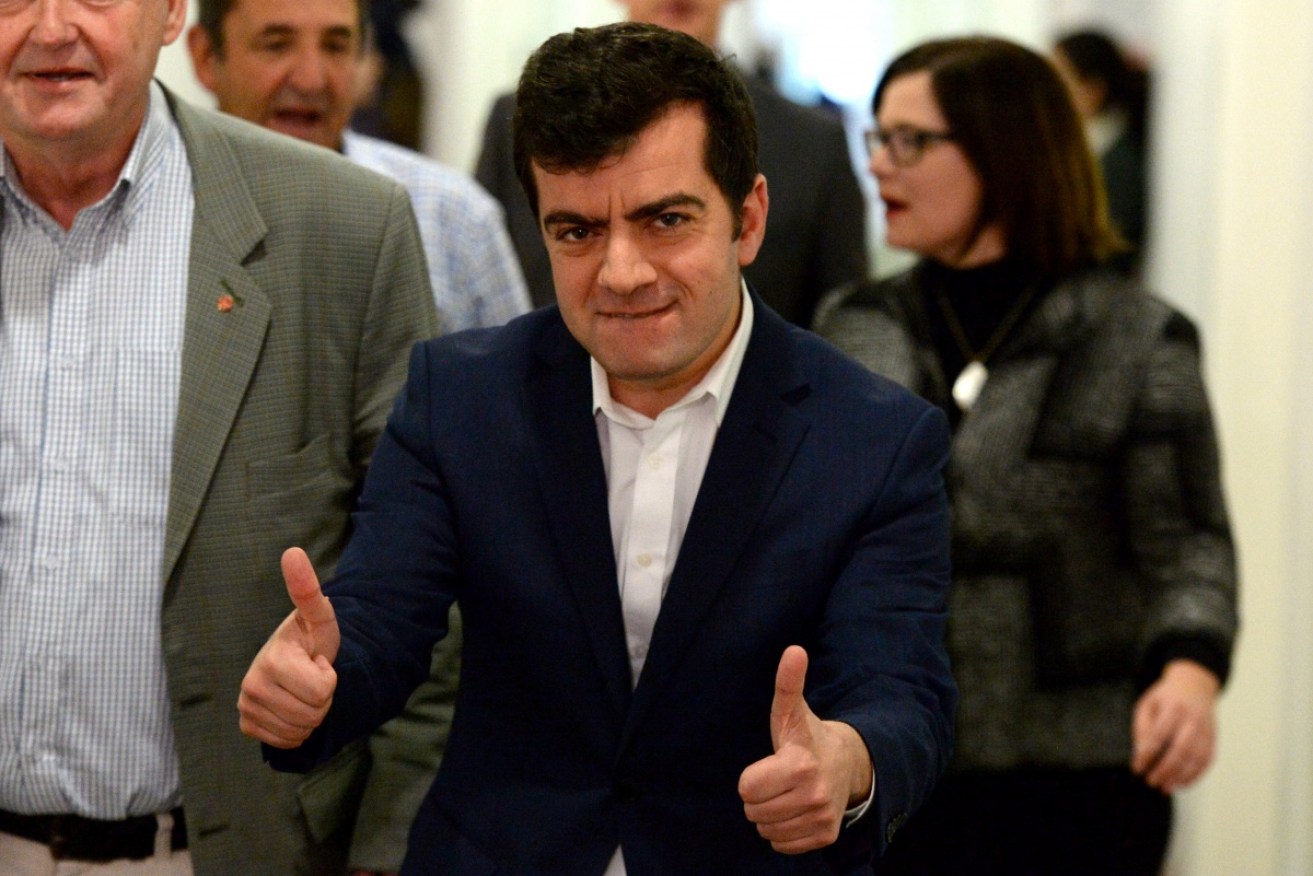Six ways to fix Australia’s political donations system


Former Labor senator Sam Dastyari is back in the public spotlight. Photo: AAP
Campaign finance is the largest source of political scandal across the democratic world.
Hundreds of politicians including national leaders such as Germany’s Helmut Kohl, France’s Nicolas Sarkozy and Israel’s Ehud Olmert have got into major political strife due to dubious or hidden donations from benefactors.
It’s the age old challenge for democracies where open competition for government is tolerated. How do you win a popularity contest without having a marketing budget?
The Australian Labor Party and its affiliated unions are one of the richest political movements in the world with net assets exceeding $1 billion and an uninterrupted record of competing in Australian elections since the 1890s.
Sam Dastyari was responsible for raising tens of millions of dollars for his party during almost four years (2010-14) as general secretary of the NSW Labor Party. He was then parachuted into the Senate but lost his frontbench position over a scandal involving a Chinese donor.
Now, as he told Australian Story on Monday night, Senator Dastyari wants all political donations banned.
That’s bold and somewhat ironic from someone steeped in the practices of the NSW Right with its “whatever it takes” culture.

Hundreds of millions of dollars are needed to win the US presidency, like Donald Trump (L) and Barack Obama.
A complete ban is impractical, especially given recent High Court decisions, but Australia does, lamentably, have the weakest “anything goes” system of regulation for campaign finance in the western world.
A raft of changes are needed but the Liberal-Labor duopoly has never been able to get the job done at the Federal level because they have been too focused on ensuring their opponent does not gain any advantage from reform.
Scandals have led to sensible improvements at the state level in NSW and Queensland, but Victoria and some other jurisdictions remain wedded to the woeful Federal system where few rules apply.
Six reforms to fix the campaign finance system
- Instant online disclosure of donations as they are received by registered political parties with the electoral commission in the relevant state being the clearing house where donations must be centrally processed and disclosed. At the moment we get one annual dump of clunky Federal and state data on February 1 each year, which is already up to 19 months out of date. Right now, we’ve had no disclosure of Federal donations made over the past 13 months.
- Spending caps on parties and candidates as occurs in Britain, so it is impossible for elections to be bought by billionaires, as so often happens in the US. Barack Obama raised almost $1 billion to win the White House in 2008.
- Increased public funding for candidates and parties to reduce the reliance on private donations. At the moment, Federal elections generate $2.63 per vote for those who get above the four per cent threshold but the ACT Assembly has the highest level of public funding at $8 per vote.
- Follow the US lead and restrict donations to citizens on the electoral roll. This would effectively eliminate all foreign donations, something which might just get done by the current Parliament.
- Follow the British lead of requiring shareholder approval by large listed companies before company resources can be deployed for political purposes. This has led to a collapse in UK public company donations. Similar member approvals should also be required for union donations.
- Require donors or third party campaign spenders to register with electoral authorities and fully disclose the scope and scale of their spending. You can see a version of that with the upcoming NSW local government elections being held on September 9 where anyone spending more than $2000 must register and appoint an agent.
Less money means more public debate in the media
This package of reforms would lead to less donations, more transparency, increased public funding, reduced overall political spending and increased community trust in our political processes.
However, the party with the most resources – including volunteer labour – would probably still win and this solution would not stop influence purchasers having their say.
There would be unintended consequences too. Reducing big money politics would increase the power of the mainstream media as political combatants would need to win editorial coverage rather than buying advertising space.
Increased media focus would probably also mean more television debates between leaders, which would be no bad thing.
Disclosure: Stephen Mayne received $38,000 in private donations and spent $55,000 contesting the 2016 Federal election as an independent against Kevin Andrews in the seat of Menzies. He received 6.72 per cent of the vote which generated $15,419 in public funding.








